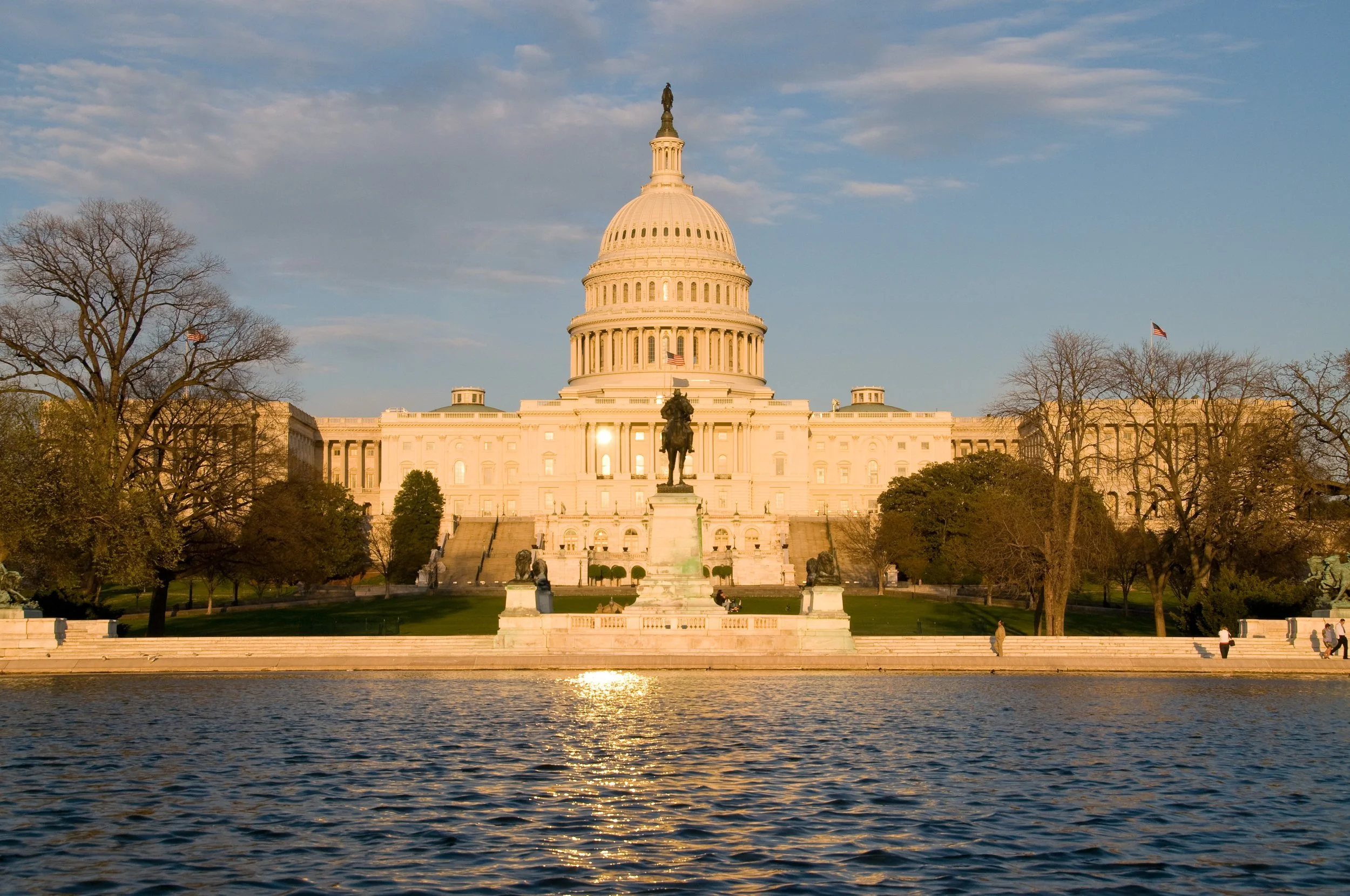Your members of Congress are home for the recess! Go to town hall meetings, write op-eds, call them, or use social media to get them to do the right thing!
PASS VAWA 2019 H.R. 1585 without adding any harmful restrictions.
Then, join our call with Members of Congress and experts in the field on THURSDAY, MARCH 21 at 4:00 EST for the latest updates (see action item #5).
Please forward widely!
Two weeks ago, House Judiciary Crime subcommittee Chairwoman Karen Bass (D-CA-37) and Representative Brian Fitzpatrick (R-PA-1) introduced H.R.1585, the bipartisan Violence Against Women Reauthorization Act of 2019. H.R.1585 is a modest reauthorization bill that includes narrowly focused enhancements that address gaps identified by victims and survivors of domestic and sexual violence and the people who work on the ground with them every day.
When H.R.1585 went through the House Judiciary Committee, several Representatives tried to roll back vital VAWA protections by:
● Allowing non-Natives to prey on Native women on Tribal lands with impunity;
● Allowing publicly-funded domestic violence shelters and rape crisis centers to discriminate against survivors who they don’t like and turn away vulnerable victims in need of protection and help; and
● Taking money away from communities and giving it to organizations like the NRA to teach people how to use guns.
Instead of committing to improve VAWA to address the identified needs of victims and survivors through moderate enhancements, other lawmakers introduced a year-long ‘straight reauthorization of VAWA (with no improvements) that ignores the identified needs of survivors. Lawmakers need to take a principled stand and fight for improved access to safety and justice for victims and survivors rather. Every moment Congress delays in passing much-needed updates puts more people at risk. In the era of #MeToo, we have the opportunity to make meaningful positive change to protect and support all survivors - anything less is unacceptable.
Congress must act NOW to pass H.R.1585!
There are five key things you can do to propel H.R.1585 forward today:
1. Attend a town hall meeting or call your Representative right now and ask him/her to support H.R.1585. If they haven’t signed on as a co-sponsor of the Violence Against Women Reauthorization Act of 2019 (H.R. 1585), ask them to do so immediately. It is particularly important to get support from Republican Representatives. If your Representative has signed on as a co-sponsor to H.R. 1585, please call them and thank them. Use this link to find your Representative and his/her contact information, and then check out this list to see if they have signed on to support VAWA yet. Click HERE for a sample script.
2. Attend a town hall meeting or call your Senators and ask them to support a bill in the Senate similar to H.R.1585. The Senate is currently writing their own VAWA bill. We need to make sure the Senate bill is substantially similar to H.R.1585, the Violence Against Women Reauthorization Act of 2019. Use this link to find your Senators and their contact information. Click HERE for a sample script.
3. Write an op-ed or letter to the editor for your local paper about the importance of reauthorizing VAWA with vital enhancements. Members of Congress and their staff closely monitor local media, and if your Representative knows that there is community support for H.R. 1585, they’re more likely to support it. Check out this great resource from The New York Times about how to write and submit an op-ed on an issue that matters to you. Click HERE for talking points.
4. Contact your Members of Congress on social media. Make your support visible to everyone! Use Facebook, Twitter, and other social media networks to contact your Members of Congress. You can find their Facebook accounts and Twitter handles here. Click HERE for sample posts and for images to share.
5. Join a call to learn more about H.R.1585 and the path forward in the House. After contacting your Members of Congress, join Representatives Bass and Fitzpatrick, who introduced the Violence Against Women Reauthorization Act of 2019, and experts in the field for a phone call for more information about what is in the bill and a discussion of what lies ahead. The call is on Thursday, March 21 at 4:00 EST. Click HERE to register.
If you have questions or want to report the outcome of your contacts with Members of Congress, please email rgraber@ncadv.org and dkarp@jwi.org.
